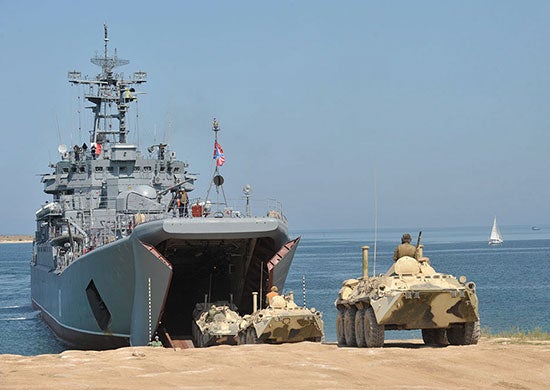A Critical Line in Russian Relations With the West
The Russian Ministry of Foreign Affairs stated last Friday that the relations between Kremlin and its Western counterparts have come to a critical point. The cause of the determination in relations is the West’s refusal to concede to the Russian demands. At the time of writing it is thought to be least 40 battalion-sized battle groups at the Russian border and it seems that the Russian Federation is still gathering more troops. Though this has not yet surpassed by the 56 battalion-sized elements which were estimated to have taken part in Russia’s April exercises in the region.
The Russian Ministry of Foreign Affairs’ readout from the December 10 conversation between Presidents Biden and Putin:
“We note US President Joseph Biden’s readiness expressed at the December 7, 2021 talks with President Vladimir Putin to establish a serious dialogue on issues related to ensuring the security of the Russian Federation. Such a dialogue is urgently needed today when the relations between Russia and the collective West continue to decay and have approached a critical line.”
The statement was preceded by a number of consultations between European leaders and Vladimir Putin. Last week, President Biden lifted some of the sanctions on German companies involved in the Nord Stream 2 pipeline construction, however, he did not agree on lifting other sanctions on the Russian contractors and or wider economy. Besides that, Washington has also threatened to respond with even more economic sanctions if material escalation of Russia’s tensions with Ukraine.
Russia’s primary concern is the threat posed by NATO perceived expansion east. Kremlin diplomats called for the organization to break its 2008 promise on the possibility of Ukraine and Georgia joining the alliance in the future. This would be a game-over for the Ukrainian efforts to westernize and distance from Kremlin. Similarly, demands for the non-deployment of “strike weapons” capable of striking targets within the Russian Federation were also made.
At a press conference on the December 10, NATO Secretary General Jens Stoltenberg said that:
“It has been stated again and again, starting back in the Helsinki Final Act in 1975, and many times since then, that every nation in Europe has the right to choose his own path. And that includes Ukraine. So we stand by our decisions. And nothing has changed when it comes to NATO’s approach to Ukraine’s membership.”
Stoltenberg reiterated this a number of times during the press conference.
The potential for a spiral into a new proxy conflict or wider conflict is a grave concern. The tensions between the US and Russia continue to be heightened with the seemingly ongoing deployment of Russian forces near the Ukraine border meaning a de-escalation of the situation is paramount.

